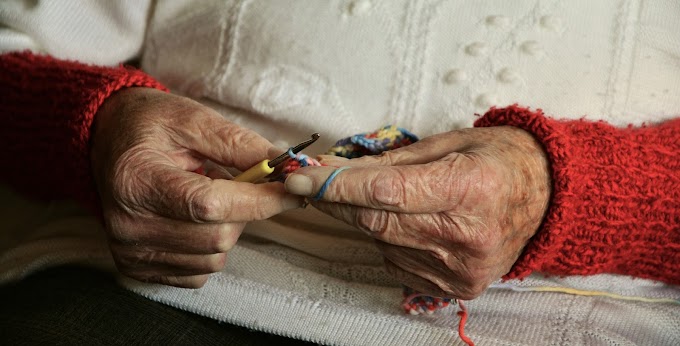Stress can have an impact on rheumatoid arthritis (RA) in several ways. While stress itself does not cause RA, it can worsen the symptoms and potentially contribute to disease flares.
Here's an overview of how stress affects rheumatoid arthritis:
Increased Inflammation:
Stress triggers the release of stress hormones, such as cortisol, which can stimulate inflammation in the body. In individuals with RA, increased inflammation can lead to a worsening of joint pain, swelling, and stiffness.
Immune System Dysregulation:
Chronic stress can disrupt the normal functioning of the immune system, potentially exacerbating the autoimmune response in RA. The immune system in individuals with RA mistakenly attacks their own joints, leading to inflammation and joint damage. Stress may further dysregulate this immune response.
Pain Perception:
Stress can affect how individuals perceive and cope with pain. It can lower the pain threshold, making RA symptoms feel more intense. Stress may also contribute to increased sensitivity to pain.
Muscular Tension:
Stress can cause muscle tension and stiffness, which can worsen joint discomfort and reduce mobility in individuals with RA. Tight muscles can place additional stress on the joints, leading to increased pain and stiffness.
Impaired Coping and Self-Care:
Stress can affect an individual's ability to manage their condition effectively. It may lead to neglecting self-care practices, such as exercise, proper nutrition, and medication adherence, which are crucial for managing RA symptoms.
Managing stress is an important aspect of RA self-care. Here are some strategies that may help:
Stress Reduction Techniques:
Engaging in stress reduction techniques, such as deep breathing exercises, meditation, mindfulness, yoga, or tai chi, can help promote relaxation and reduce stress levels.
Support System:
Building a strong support system and seeking emotional support from family, friends, or support groups can help individuals with RA cope with stress better.
Time Management:
Effective time management and prioritization of tasks can help reduce stress and prevent becoming overwhelmed.
Physical Activity:
Regular exercise can not only help manage RA symptoms but also reduce stress levels. Low-impact activities like walking, swimming, or cycling can be beneficial.
Adequate Rest and Sleep:
Prioritizing rest and getting enough quality sleep can contribute to overall well-being and stress reduction.
It's important to consult with a healthcare professional or rheumatologist for personalized advice on managing stress and RA symptoms. They can provide tailored recommendations and assist in developing an individualized treatment plan.
If you have a question or comment or any discussion, please call or send a message.
Our Address:
Hope Diagnostics and Research Laboratory
Unit-3, 34, behind Ram Mandir, Ekamra Vihar, Kharvela Nagar, Bhubaneswar, Odisha 751001
Call Us: 09238582444 / 7894132927









